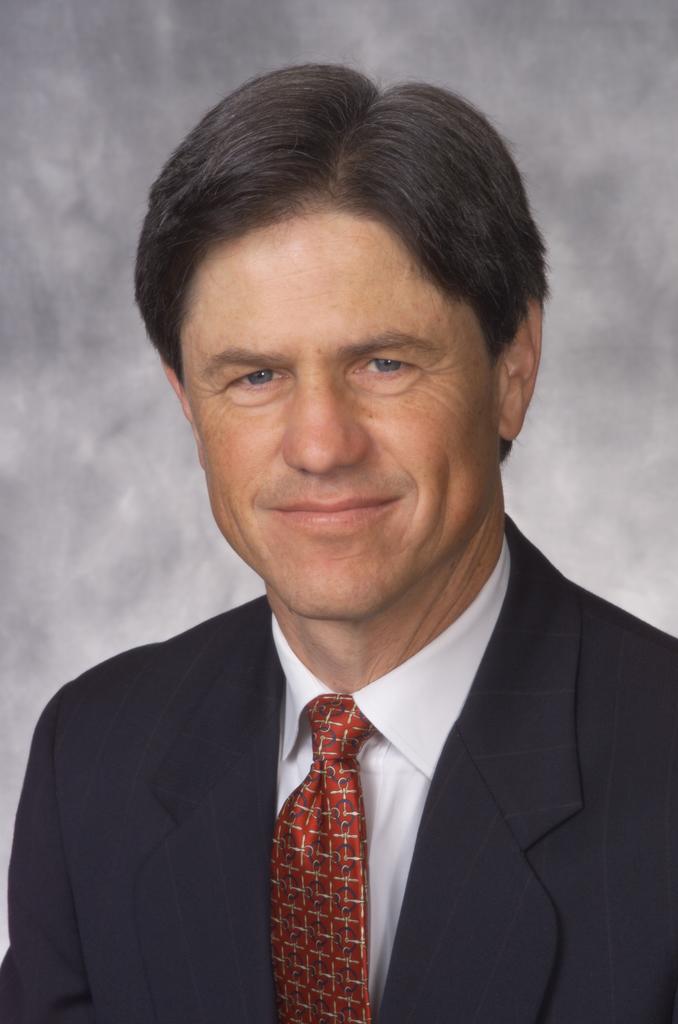To all - Additions to the Charter language are placed in bold and italics. Subtractions are shown in ((red)).ARTICLE 3 - THE EXECUTIVE BRANCH . . . . . . . . . . . . . . . . . . . . . . . . . . . . . Page C-7
This Article provides for the establishment of an Executive Branch of County government, consisting of an elected Executive, Assessor-Treasurer,
Sheriff and Auditor, and the executive departments of Clerk of the Superior Court, and Coroner and Sheriff, and grants them administrative powers.
Section 3.70 - Sheriff
There is hereby created the executive department of Sheriff. The Sheriff shall be
((appointed by the Executive and confirmed by a majority of the Council.)) nominated and elected by the voters of the County.Section 4.10 - Election Procedures
The nominating primaries and elections of the Council members, Executive, Assessor-Treasurer,
Sheriff and Prosecuting Attorney, shall be conducted in accordance with general law governing the election of partisan county officers.
Section 4.30 - Qualifications
Each county officer holding an elective office shall be, at the time of appointment or filing for election, and at all times while holding office, a citizen of the United States, and a resident and registered voter of Pierce County. In addition, all council members shall be residents and registered voters of their council districts for at least one year immediately prior to filing for the council position, and shall maintain residency in the council district during the term for which the council member was elected. No council district boundary change shall disqualify the council member from holding office during the remainder of the term of office.
In addition, persons filing for the office of sheriff must have a minimum of 5-years law enforcement management experience.Section 4.90 - Limitation on Terms of Office
No person shall be allowed to serve in County elective office for more than two consecutive four year terms in the same position, as a council member, Executive, or separately elected department head,
with the exception of the office of Sheriff for which there is no limitation on the number of terms that may be served. Service as an elected County official prior to the commencement of this Charter shall not be counted as part of any official's two consecutive terms. Establishment of residency in an alternate district will not circumvent this restriction.
Section 10.51 - Compensation, Sheriff
The first elected Sheriff shall serve full time and receive compensation at the rate no less than that paid the last appointed Sheriff on the effective date of the Charter Amendment.
Section 10.20 - Effective Date and Elections
The effective date of this Charter shall be May 1, 1981, except that special nominating primaries and a special election shall be held on February 3, 1981, and March 10, 1981, respectively, to elect four of the first Council members, the Executive, and the initial Assessor-Treasurer to be elected after adoption of this Charter. The nominating primaries and election shall be conducted in accordance with the provisions of Article 4, except the declarations of candidacy for the nominating primaries shall be filed December 15 to 19, 1980. A candidate may withdraw his nomination in accordance with general law and a vacancy on a party ticket may be filed in accordance with the provisions of general law.
The first election for sheriff will be held in the normal nominating primary and general election of 2008.
Section 10.55 - Elective County Officers, Terms, Compensation
(1)The Clerk, Coroner, and Sheriff who hold office on the effective date of this Charter may choose to be continued in County employment in the equivalent department head position until the date when the term of office to which that official was elected would have expired, and be compensated for such time period at the rate of compensation specified by ordinance for the office to be held on the effective date of this Charter. Thereafter, that person shall be entitled to be appointed at the same initial rate of compensation to an administrative position designated by the Executive, subject to al the rules of the personnel system including rules concerning compulsory retirement, but excluding the rules concerning initial appointment.
(2)The Auditor who holds office on the effective date of this Charter may choose to serve
as official of the equivalent executive department, and shall receive compensation at a rate no less than the compensation received on the effective date of this Charter, until a successor is elected at the general election of 1982, has qualified, and commenced to serve.
(3)The Assessor and Treasurer who hold office on the effective date of this Charter may
choose to be continued in County employment in an administrative position designated by the Executive at an initial rate of compensation no les than that received on the effective date of this Charter until the date when the term of office to which such person was originally elected would have expired but for the adoption of this Charter.
(4)The Commissioners holding office at the effective date of this Charter shall receive
compensation at the rate paid to the Commissioner from the pre-charter Commissioner District Three (3) at the time of the adoption of this Charter, until their respective terms of office have expired.
(5) The Sheriff who holds office on the effective date of the 2006 Charter Amendment converting the office from appointed to elected may choose to serve as Sheriff, and shall receive compensation at a rate no less than the compensation received on the effective date of the Charter Amendment, until a successor is elected, has qualified and commenced to serve.

